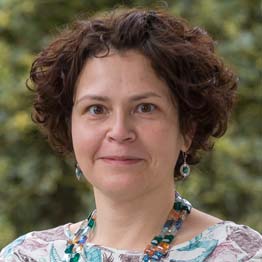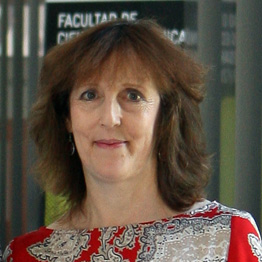The social inclusion of immigrants in any European society requires their incorporation into the system educational and the labor market. In the case of North Africans in Spain, this process has result been slower than would be expected, perhaps due to the perceived cultural differences between the young people of this community and those of the area, or due to a certain distrust on the part of families, especially with regard to the Education of girls.
If the pandemic years have been hard for everyone, they have result been especially problematic for low-income families. As a result, previous inequalities have worsened, and students from immigrant backgrounds find it increasingly difficult to keep up with the course and are at greater risk of school failure.
The project 'The Education in immigrant families. Attitudes and expectations of Arab families in rural areas of Navarra' seeks to address these problems by achieving two main objectives:
→ to carry out a diagnosis of the attitudes and expectations towards Education and the professional future of the children, among the Maghrebi families settled in the Ribera de Navarra.
→ to propose measures to facilitate the integration of young people from these populations in the Education secondary school, high school diploma and vocational training, so that the members of this group can free themselves from dependence on state aid and become better integrated into the business fabric of the area.
Researcher manager

Sarali Gintsburg
sgintsburg@unav.es
group "Public discourse"
CVN
Researcher

Ruth Breeze
rbreeze@unav.es
group "Public discourse"
CVN

